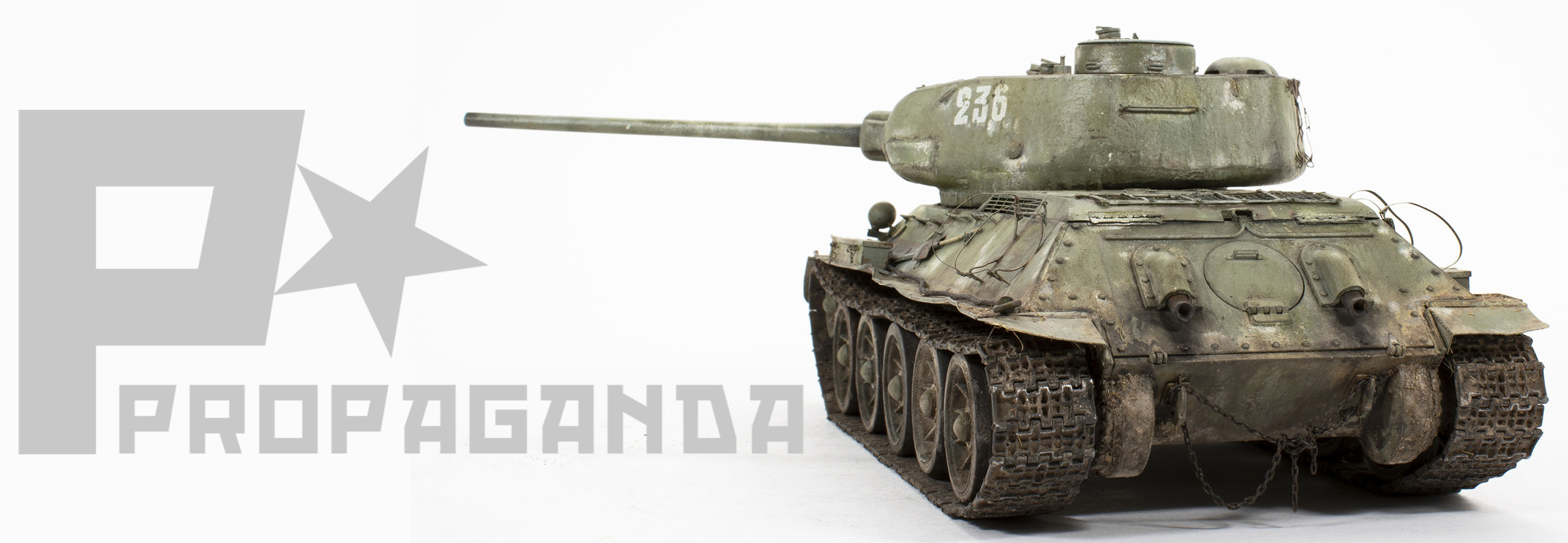The Germans withdrew from the area in October 1944 and Croatia was reconstituted as part of the new Yugoslavia, now a socialist republic under Tito’s leadership. Croatia became one of the six constituent republics of Yugoslavia (the others being Bosnia, Macedonia,  Montenegro, Slovenia, and Serbia). During Tito’s reign nationalist sentiments were repressed, especially among the Croats. A decentralization program went into effect in 1970 but it did little to pacify Croats. With Tito’s death in 1980, Croat demands for independence only increased but it was not until the fall of the Berlin Wall that things began to come apart.
Montenegro, Slovenia, and Serbia). During Tito’s reign nationalist sentiments were repressed, especially among the Croats. A decentralization program went into effect in 1970 but it did little to pacify Croats. With Tito’s death in 1980, Croat demands for independence only increased but it was not until the fall of the Berlin Wall that things began to come apart.
The fall of communism brought uncertainty to Yugoslavia in 1990. It encouraged nationalist sentiments in all of its republics. In Croatia, the elections produced a massive victory for Franjo Tudjman and his nationalist Croatian Democratic Union party. This group had proclaimed its aversion to both the ethnic Serbs living in Croatia and those living in Serbia. The move was spurred largely by the election of Serb nationalist Slobodan Milosevic as Serbian Communist Party leader. Milosevic’s rhetoric and repression of the Albanian population in Kosovo frightened the other republics.
